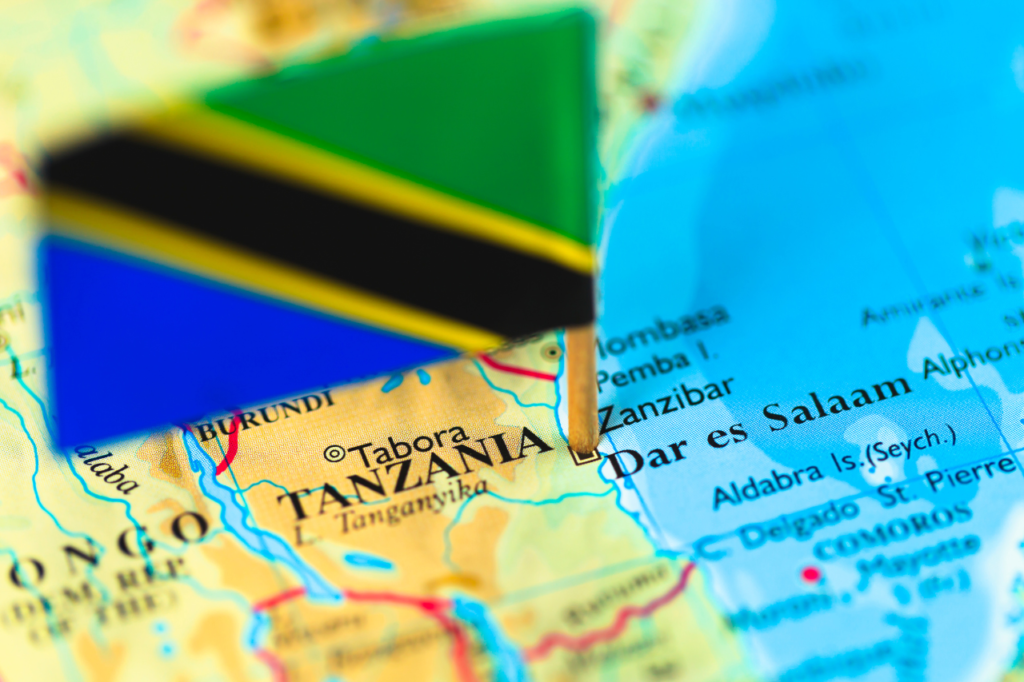Tanzania, known for its beauty and wildlife, is also working to improve its people’s health by closely watching and managing health issues. This helps them catch diseases early, respond better, and save lives, contributing to health safety both locally and worldwide.
The Evolution of Health Surveillance in Tanzania
Historical Context
Tanzania started focusing on health surveillance soon after gaining independence, dealing with many infectious diseases and not having many resources. The first steps were to get rid of smallpox and control malaria, setting the foundation for the country’s system to watch and manage diseases.
Building a Modern Surveillance System
Over the years, Tanzania has improved its health surveillance by using new technology and following international guidelines. A big step was creating the Tanzania National Health Information System (TNHIS), which helps collect and handle health information all over the country.
Key Components of Tanzania’s Health Surveillance System
Disease Reporting and Monitoring
A key part of Tanzania’s health surveillance is a strong disease reporting system. Health centers all over Tanzania must report cases of certain diseases to local, regional, and national health offices. This helps them quickly respond to possible outbreaks.
Laboratory Network
Tanzania’s health surveillance system is backed by a network of laboratories, ranging from local clinics to national reference labs. These labs offer precise diagnostic services, essential for identifying disease-causing agents and monitoring their spread.
Health Information Technology
Tanzania has adopted health information technology, using digital tools and mobile apps to make data gathering and analysis smoother. These technologies improve the effectiveness and precision of health surveillance, allowing for the immediate tracking of disease patterns.
Requirement for Tanzania health surveillance form
For the Tanzania Health Surveillance Form, travelers must provide:
- Basic Personal Information: Name, nationality, age, gender, and home country.
- Travel Details: Information about your flight or vessel, seat number, arrival date, entry point, visit purpose, stay length, and address in Tanzania.
- Recent Travel History: List of countries you visited in the last three weeks.
- Health Information: Check any symptoms you might have.
Remember to have your passport details ready and ensure it’s valid. Fill out the form within 24 hours before entering Tanzania. After submitting it online, you’ll get a confirmation email. Print this confirmation to carry with you when traveling to Tanzania.
How to fill out the Tanzania Health Surveillance form
To complete the Tanzania Health Surveillance Form, here’s what you need to do in simple steps:
- Visit the Website: Open the official form website with a good internet connection.
- Fill in Your Details: Enter your info like name, where you’re from, passport number, details about your flight, how to contact you, places you’ve been recently, and health questions.
- Pay the Fee: Choose a way to pay the form’s fee online.
- Email Confirmation: After you send in the form, look for a confirmation email. Keep the form on your phone or print it for your trip.
- Get Your Info Ready: Before you start, make sure you have all the needed info like your passport, and check that your passport won’t expire soon.
- COVID-19 Test: You need to show a recent (within 96 hours before flying) negative test for COVID-19. If you’re coming from a place with a lot of COVID-19 cases, you might have to take another test when you arrive.
- Extra Steps for Zanzibar and Certain Travelers: If you’re visiting Zanzibar, you have to fill out one more health form. And if you’re from a place with high COVID-19 risk, you might need extra tests and maybe even quarantine when you get to Tanzania.
Challenges and Solutions
Tanzania’s health surveillance system has made great strides but still faces hurdles such as limited resources, uneven capabilities across regions, and the ongoing need for staff training. Overcoming these issues demands steady funding, working with international partners, and a dedication to finding new solutions.
The Impact of Health Surveillance on Public Health
Outbreak Response and Control
Tanzania’s effective health surveillance system allows for quick responses to outbreaks like cholera and Ebola, reducing their effects and stopping them from spreading widely.
Informing Public Health Policy
Information from the health surveillance system helps shape public health policies and planning in Tanzania, making sure resources are used wisely and actions taken are based on solid evidence.
Global Health Contributions
By improving its health surveillance system, Tanzania aids in worldwide health safety, offering important information to global partners and joining in the fight against diseases that cross borders.
Tanzania’s health surveillance system shows the country’s dedication to public health and its part in the global health scene. With ongoing enhancements and teamwork, Tanzania is more prepared for present and future health issues, promoting a healthier future for its people and helping global attempts to stop and manage diseases.

